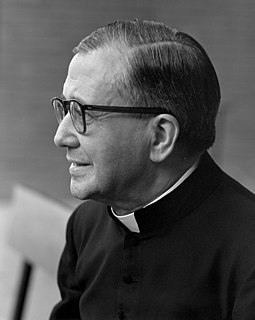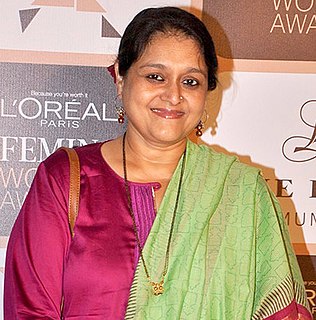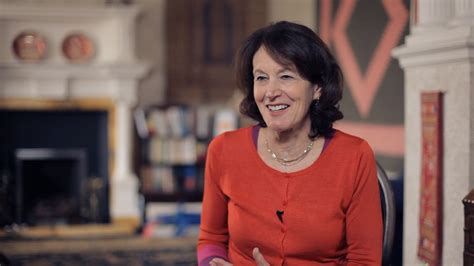A Quote by Gail Carriger
Mrs. Loontwill did what any well-prepared mother would do upon finding her unmarried daughter in the arms of a gentleman werewolf: she had very decorous, and extremely loud, hysterics.
Related Quotes
So your strength is failing you? Why don't you tell your mother about it? ... Mother! Call her with a loud voice. She is listening to you; she sees you in danger, perhaps, and she-your holy mother Mary-offers you, along with the grace of her son, the refuge of her arms, the tenderness of her embrace ... and you will find yourself with added strength for the new battle.
The way she told it, she was such a criminal even the most God-fearing church ladies got bored of reporting on her; she did the marketing on Sunday, dropped by any church she liked or none at all, was a feminist (which Mrs. Asher sometimes confused with communist), a Democrat (which Mrs. Lincoln pointed out practically had "demon" in the word itself), and, worst of all, a vegetarian (which ruled out any dinner invitations from Mrs. Snow).
Lily, the caretaker's daughter, was literally run off her feet. Hardly had she brought one gentleman into the little pantry behind the office on the ground floor and helped him off with his overcoat, than the wheezy hall-door bell clanged again and she had to scamper along the bare hallway to let in another guest. It was well for her she had not to attend to the ladies also.
As a teenage daughter hears her sweet mother plead unto the Lord that her daughter will be inspired in the selection of her companions, that she will prepare herself for a temple marriage, don't you believe that such a daughter will seek to honor this humble, pleading petition of her mother, whom she so dearly loves?
What do you think it would have been like if Valentine had brought you up along with me? Would you have loved me?" Clary was very glad she had put her cup down, because if she hadn't, she would have dropped it. Sebastian was looking at her not with any shyness or the sort of natural awkwardness that might be attendant on such a bizarre question, but as if she were a curious, foreign life-form. "Well," she said. "You're my brother. I would have loved you. I would have...had to.
Sometimes we adopt certain beliefs when we're children and use them automatically when we become adults, without ever checking them out against reality. This brings to mind the story of the woman who always cut off the end of the turkey when she put it in the oven. Her daughter asked her why, and her mother responded, "I don't know. My mother always did it." Then she went and asked her mother, who said, "I don't know. My mother always did it." The she went and asked her grandmother, who said, "The oven wasn't big enough."
Well, when Eleanor Roosevelt's mother dies, she goes to live with her Grandmother Hall. And her Grandmother Hall is in mourning. She's in widow's weeds. She's in her 50s, but appears very old. And she's exhausted from raising rather out-of-control children. Her favorite daughter, Anna, has died (Eleanor's mother), and she has living at home two other sons, Vallie and Eddie. And they are incredible sportsmen, incredible drinkers, out-of-control alcoholics.
One thing I did have under my belt was, my mother lost her mother when she was 11. She mourned her mother her whole life and made my grandmother seem present even though I never met her. I couldn't imagine how my mom could go on but she did, she took care of us, she worked two jobs and had four children. She was such a good example of how to conduct oneself in a time of grief. When I lost my husband, I tried to model myself as much as I could on her.
[Mrs. Allen was] never satisfied with the day unless she spent the chief of it by the side of Mrs. Thorpe, in what they called conversation, but in which there was scarcely ever any exchange of opinion, and not often any resemblance of subject, for Mrs. Thorpe talked chiefly of her children, and Mrs. Allen of her gowns.






































